Coronavirus: Millions of Covid tests costly overkill, China’s top expert says
China’s top epidemiologist said his country had done too much testing, and it would not eliminate the risk of outbreaks.
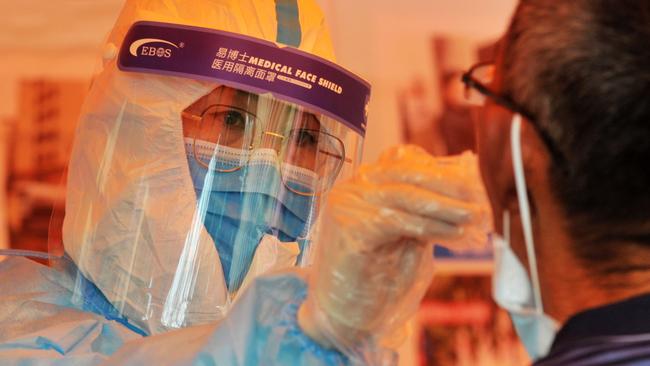
China’s top epidemiologist has said that his country has done too much testing and that it amounted to “overkill”.
Wu Zunyou, chief epidemiologist at the China Centre for Disease Control and Prevention, said that attempting to test everyone as China has done was unnecessary, did not eliminate the risk of outbreaks and had vast “social costs”.
“It was overkill,” he said in an interview with China Newsweek. “From the scientific perspective of epidemiology, there is no need to test everyone.”
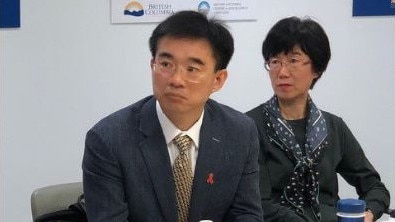
Mr Wu added that the decision to do mass testing had been political.
“But there’s still a 1 to 5 per cent chance of uncertainty,” he said. “If you test everyone, the public and local government officials think it will provide 100 per cent reassurance that the outbreak is contained.”
China’s bureaucrats are desperate to be seen to be doing everything possible in the battle against the coronavirus. President Xi has lauded the country’s success in controlling the pandemic as proof of his government’s superiority over western democracies.
The city of Kashgar, in the heavily policed Uighur region of Xinjiang, said that all of its 630,000 residents would have been tested for coronavirus by the end of today, only two days after a coronavirus case was confirmed leading to 137 infections.
Nearly five million residents in the Kashgar region are expected to be tested.
The eastern city of Qingdao carried out testing on a similar scale this month when it tested more than ten million residents in five days.
Kashgar reacted swiftly to reports that a 17-year-old garment factory worker living near the city had been confirmed as an asymptomatic carrier. Flights at the city’s airport were cancelled and the train station shut down. At least one inbound flight was turned around, and tourists who had arrived in Kashgar were ordered to quarantine in their hotels, where they would be tested.
Hu Xijin, editor-in-chief of the Global Times, a party-run newspaper, tweeted: “China has a very effective strategy: every local outbreak has been controlled and cleared quickly.”
Mr Wu, however, said that it was not necessary to test the entire population of cities and regions if tens or hundreds of thousands of tests came back negative.
He described the example of Beijing, which had planned to test all of its 20 million residents after an outbreak in June that began at a wholesale produce market.
“Experts repeatedly told the leadership team for prevention and control that it was unnecessary, and the team accepted that and stopped mass testing after ten million,” Mr Wu said.
“When tests of tens of thousands of people, of hundreds of thousands of people, were returned negative, data were sufficient to prove [there was no new infection],” Mr Wu said.
“If Beijing had conducted another ten million coronavirus tests, the social costs would be too huge and unnecessary.”
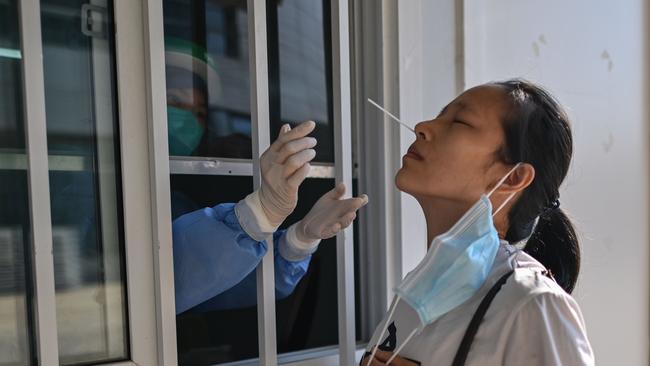
Mr Wu suggested that other Chinese cities follow the Beijing model, by which mass testing starts at the origin of the outbreak, widens gradually but stops when no new cases are found. “It’s the central government’s guiding principle and requirement that we do it scientifically and with precise policymaking,” Mr Wu said. “Efforts by other cities should implement this spirit.”
Officials in Beijing reported 22 new cases yesterday. All the new infections were imported, the National Health Commission said in a statement.
The overall Covid-19 death toll stood at 4634.
The Times


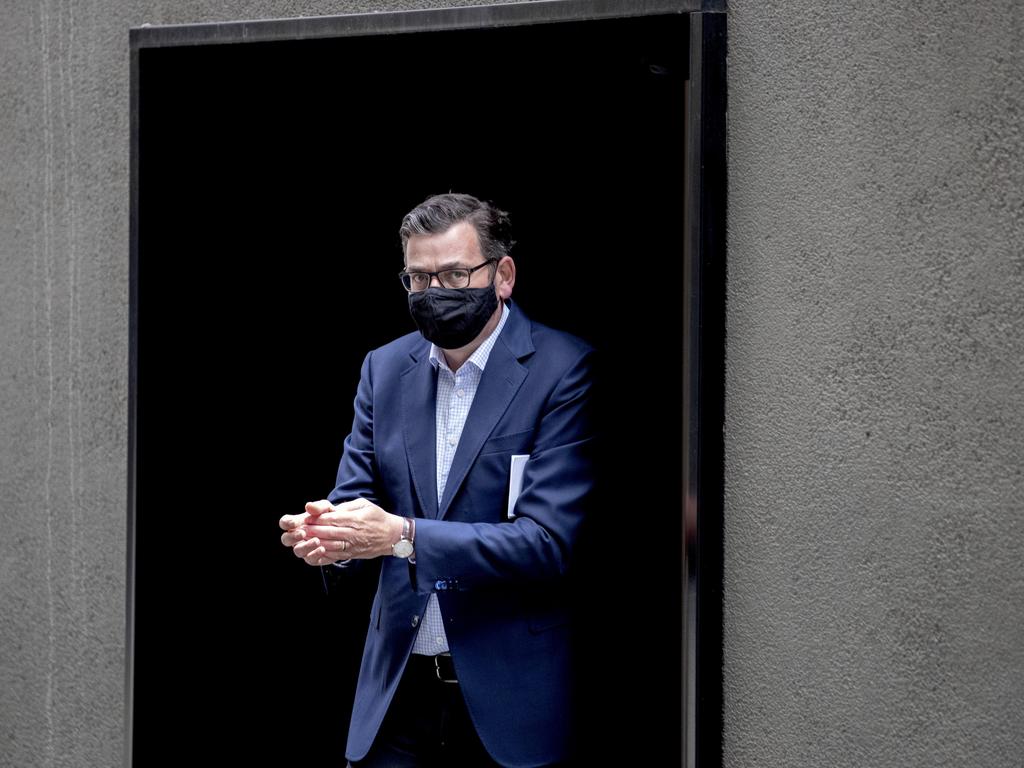
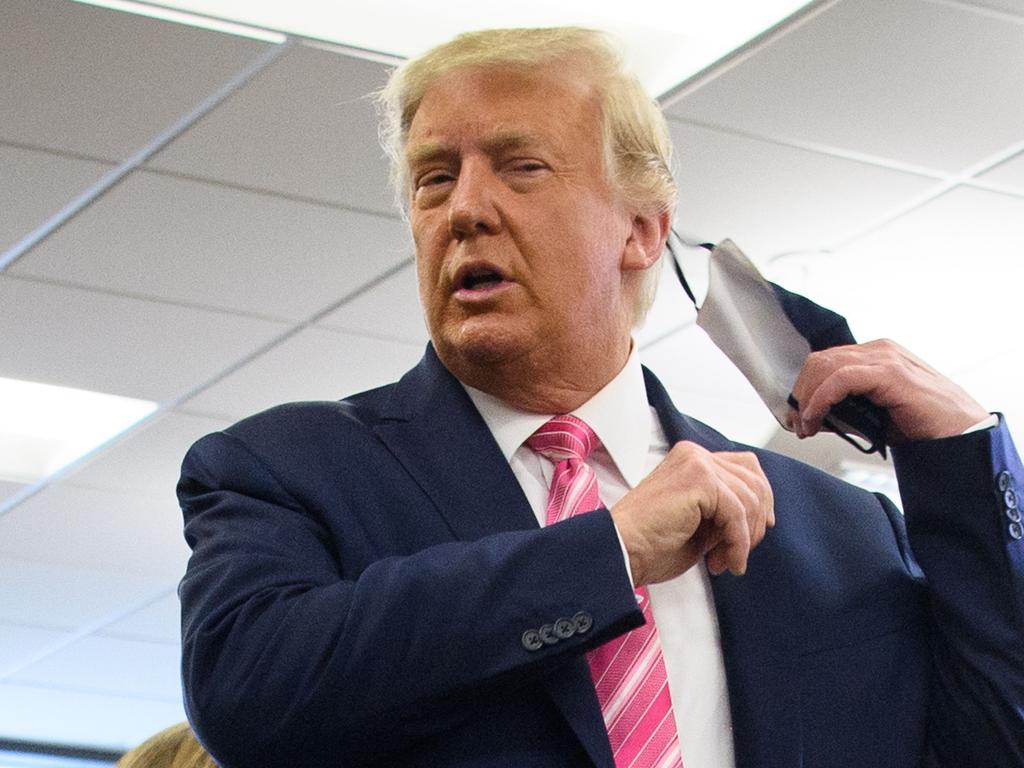
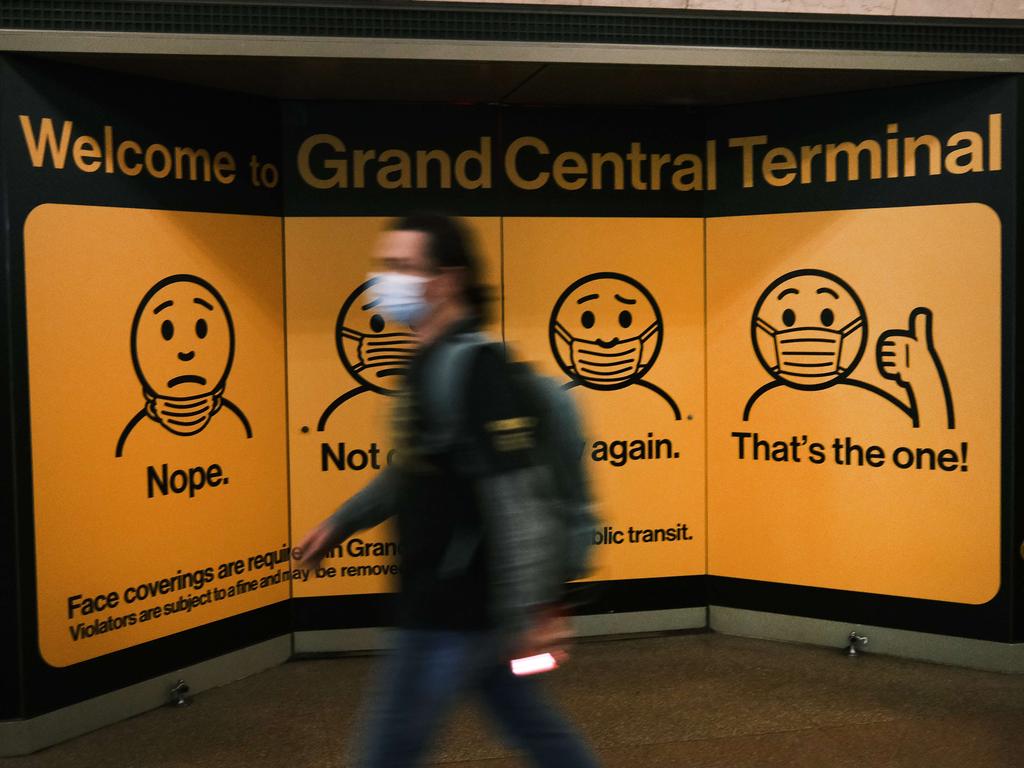


To join the conversation, please log in. Don't have an account? Register
Join the conversation, you are commenting as Logout